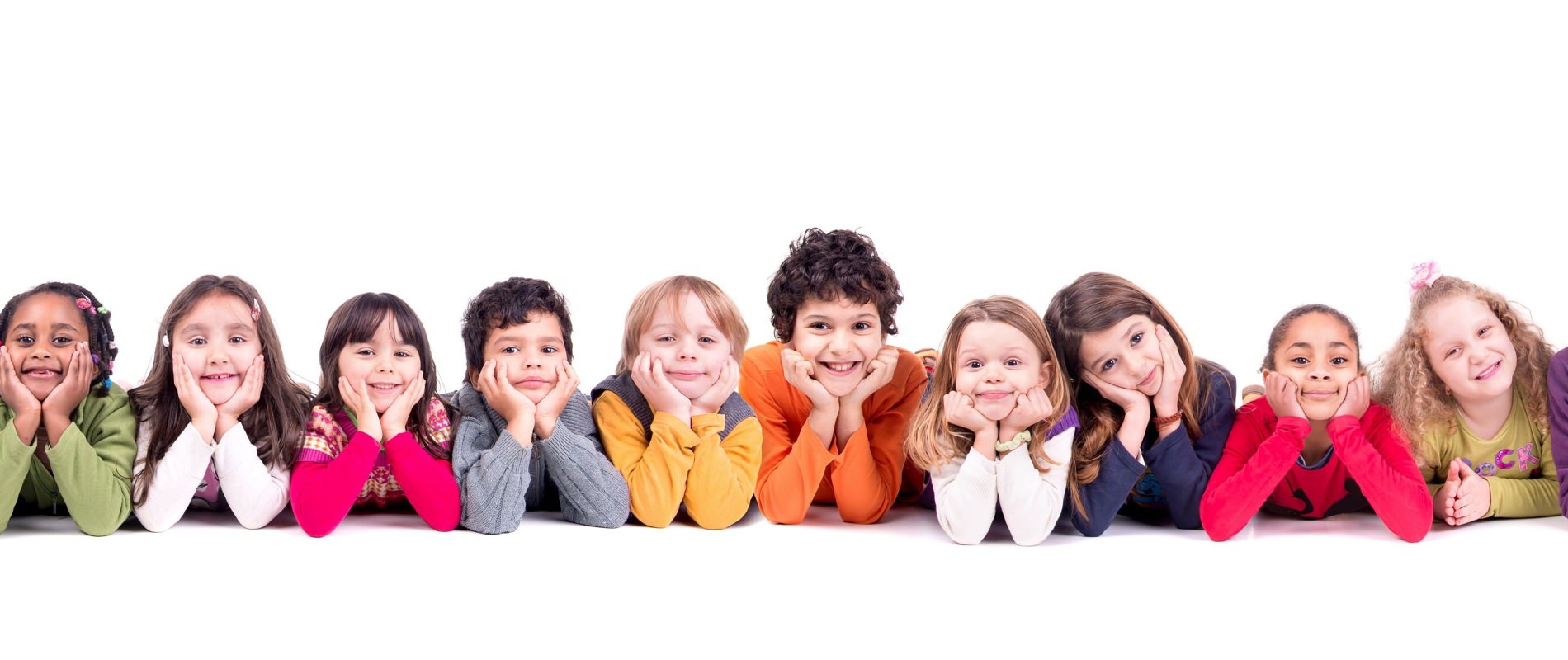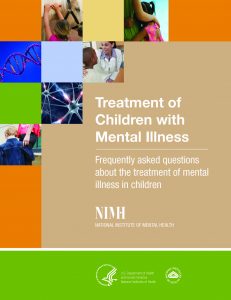- Psychological Treatments for Children
- Reimbursements
- How do you know if your children problems are serious?
- Can symptoms be caused by a death in the family, illness in a parent, family financial problems, divorce, or other events?
- What kind of treatments are useful?
- The guide of National Institute of Mental Health.
- Contact
Psychological Treatments for Children
Cognitive strategies and supporting therapies for children and adolescents with worrisome behavioral changes, learning and emotional difficulties.
I’m registered at the Stichting Kwaliteitsregister Jeugd (SKJ), Kamer Psychologen (Dutch Quality Register for Youth Care – Section: Psychologist)

Research shows that half of all lifetime cases of mental illness begin by age 14. Scientists are discovering that changes in the body leading to mental illness may start much earlier, before any symptoms appear.

Through greater understanding of when and how fast specific areas of children’s brains develop, we are learning more about the early stages of a wide range of mental illnesses that appear later in life. Helping young children and their parents manage difficulties early in life may prevent the development of disorders. Once mental illness develops, it becomes a regular part of your child’s behavior and more difficult to treat. Even though we know how to treat (though not yet cure) many disorders, many children with mental illnesses are not getting treatment.
This fact sheet addresses common questions about diagnosis and treatment options for children with mental illnesses. Disorders affecting children may include:
- anxiety disorders
- attention deficit hyperactivity disorder (ADHD)
- autism spectrum disorders
- bipolar disorder
- depression
- eating disorders
- schizophrenia
Normal development, such as when children develop language, motor and social skills, varies from child to child and every child is different. However, sometimes worrisome changes in behavior may alarm parents. Sharing your concerns with specialists about mental, behavioral, or emotional symptoms in your children can help in avoiding the problem becomes serious. Many everyday stresses can cause changes in child’s behavior. For example, the birth of a sibling may cause a child to temporarily act much younger than he or she is. It is important to be able to tell the difference between typical behavior changes and those associated with more serious problems.
Reimbursements
Therapy and assessments for Children and Teenagers up to 18 with Functioning Psychology are Fully or Partially reimbursed.
Not every problem is serious. However, pay special attention to behaviors that include:
- Problems across a variety of settings, such as at school, at home, or with peers
- Changes in appetite or sleep
- Social withdrawal, or fearful behavior toward things your child normally is not afraid of
- Returning to behaviors more common in younger children, such as bed-wetting, for a long time
- Signs of being upset, such as sadness or tearfulness
- Signs of self-destructive behavior, such as head-banging, or a tendency to get hurt often
- Repeated thoughts of death.
Can symptoms be caused by a death in the family, illness in a parent, family financial problems, divorce, or other events?
Yes. Every member of a family is affected by tragedy or extreme stress, even the youngest child. It’s normal for stress to cause a child to be upset. Remember this if you see mental, emotional, or behavioral symptoms in your child. If it takes more than one month for your child to get used to a situation, or if your child has severe reactions, talk to a specialist.
What kind of treatments are useful?
Psychosocial therapies can be very effective. Psychosocial therapies are also called “talk therapies” or “behavioral therapy,” and they help people with mental illness change behavior. I provide also therapy for teaching parents and children coping strategies. Moreover, I provide Cognitive Enhancement Therapy (CET) to help children to improve their cognitive strategies.
Cognitive behavioral therapy (CBT) is a type of psychotherapy that can be used with children. It has been widely studied and is an effective treatment for a number of conditions, such as depression, obsessive-compulsive disorder, and social anxiety. A person in CBT learns to change distorted thinking pat terns and unhealthy behavior. Children can receive CBT with or without their parents, as well as in a group setting.
Cognitive Enhancement Therapy (CET) is an Evidence-Based Practice designed to help people with a great number of disorders improve brain and cognitive development, social cognition, and increase vocational capabilities. It has been proved that CET improve executive functions and research showed that a normal development of those skills are critical for achieving of future goals.
For more information about children and mental health read the guide of National Institute of Mental Health.

